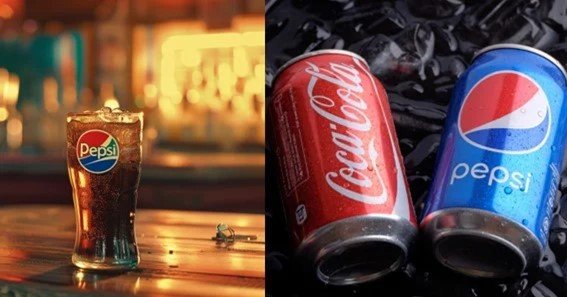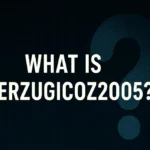Varun Beverages Limited (VBL) has positioned itself as a leading player in the Indian beverage market, primarily through its extensive partnership with PepsiCo. However, in a highly competitive industry dominated by giants like Coca-Cola and domestic players like Bisleri, how does VBL compare?
Market Position and Competitors
- Varun Beverages and Coca-Cola
Coca-Cola remains the global leader in the non-alcoholic beverage sector, with a market capitalization of $266 billion as of April 2024. Coca-Cola’s portfolio is vast, including brands like Sprite, Fanta, and Minute Maid, which dominate both global and Indian markets. In contrast, Varun Beverages, with its exclusive rights to PepsiCo’s beverage portfolio in several regions, focuses on carbonated soft drinks (CSDs) and non-carbonated beverages like Tropicana and Aquafina. While VBL is a major player in India, it still trails behind Coca-Cola in terms of global market share and brand value. - Domestic Rivalry with Bisleri
Bisleri, a household name in India, leads the bottled water segment, a market where VBL also competes with its Aquafina brand. Although VBL has a broader beverage portfolio, Bisleri’s dominance in the bottled water market is a significant challenge. VBL’s strategy has involved expanding its presence in rural and semi-urban areas, directly competing with Bisleri’s distribution network. - Comparison with International Brands
Globally, VBL faces competition from other major beverage companies like Keurig Dr. Pepper and niche brands like Fiji Water. While these companies have a strong presence in their respective markets, VBL’s strength lies in its scale and distribution network across India and several other countries, including Nepal and Morocco. However, in terms of innovation and market reach, these competitors often lead in specific niches, such as premium bottled water or ready-to-drink beverages.
Financial and Market Performance
Varun Beverages has shown robust financial performance, with a revenue increase of over 21% in FY 2023, driven by aggressive expansion and operational efficiencies. However, when compared to Coca-Cola and PepsiCo, VBL’s market cap and global footprint are still relatively small. Coca-Cola’s dominance is evident with its vast global presence and diversified portfolio that includes both traditional soft drinks and healthier options, a trend VBL is starting to follow but at a smaller scale.
Growth Strategies and Future Outlook
VBL’s growth strategy focuses on expanding its product offerings and strengthening its distribution network, particularly in emerging markets. The company is also exploring opportunities in the health and wellness segment, an area where competitors like Coca-Cola have already made significant inroads. While VBL has made considerable progress, especially in the Indian subcontinent, it needs to continue innovating and expanding internationally to challenge its competitors effectively.
FAQ
- Who are Varun Beverages’ main competitors?
- Varun Beverages’ primary competitors include Coca-Cola, Bisleri, and global players like Keurig Dr. Pepper and Fiji Water.
- How does Varun Beverages compare to Coca-Cola?
- While VBL is a major player in India, Coca-Cola leads globally with a more extensive product portfolio and market presence.
- What is Varun Beverages’ market share in India?
- VBL controls a significant share of the Indian CSD market through its PepsiCo partnership but faces stiff competition from Coca-Cola and Bisleri in other beverage segments.
- What are the growth strategies of Varun Beverages?
- VBL focuses on expanding its product range, strengthening its distribution network, and entering new markets, especially in rural and semi-urban areas.
- Can Varun Beverages compete globally?
- While VBL has a strong presence in India and some international markets, it still lags behind global giants like Coca-Cola in terms of market share and brand recognition.
Disclaimer: This article is for informational purposes only and should not be taken as financial advice. Always consult a financial advisor for investment decisions.










